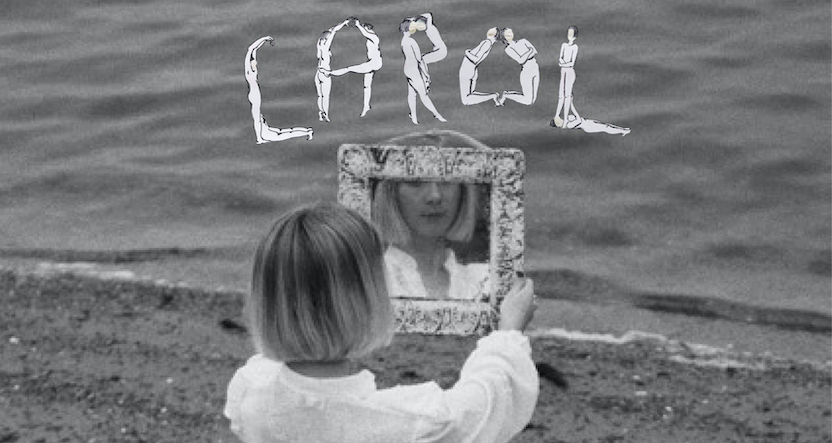On ‘Softest Destroyer,’ Boston-based Carol makes a strong debut
by Craig Short
2019-04-14

Carol
Softest Destroyer
Self-released · March 15, 2019

There’s a moment in “If Ever” that makes me lose track of geography. It happens right around the point when Carolyn Flaherty begins to wail wordlessly, while nimble drum brushwork clatters in the background like distant machinery. In that moment I forget where I am. I should be lost somewhere in a dark wood in the dead of winter, with deer hiding in the shadows and strange whispering noises filtering in from all sides. I’m not, of course, but that’s just the magic of Carol, a star among Boston’s many rising talents.
Her debut EP, Softest Destroyer, is a magnificent piece of musical scene building. Familiar forms are reduced to skeletal suggestions. Delicate fingerpicked guitar figures float in space, prickly as bare tree limbs, and synth patches flutter around your head like snowflakes. The piercing call of Carol’s voice beckons you deeper into the trees. In a richly textured set of slow-churning folk songs, she poetically dissects her confusion, wonder, and fear in the face of change.
Transitions inform many of the lyrics on Softest Destroyer. “Clock” details the end of an unsustainable love, where needs and wants compete with each other. “Blood and Breastmilk” uses spoken word poetry to detail the everyday humiliation of living in an arbitrary system indifferent to our struggles. And though it’s hard to choose a highlight from only five songs, “Lives There Too” hits the hardest. “If there’s a child who lives in the best parts of you,” Carol cries, like a beacon of affirmation after a long night, “there’ll be a woman who lives there too.”
Though her songwriting and instrumental prowess shine brightly on Softest Destroyer, Carol’s greatest asset is her voice. It brings to mind the neo-folk warbling of Mothers or Sarah Louise with its dark intonation and sharp breaks between registers, but to reduce her voice to the sum of its parts misses the point. There’s a magnetism to Carol’s singing that lies beyond the technical. It commands attention, even in the softest moments. When seen live it’s impossible to focus on anything else. “Are you ready to receive my love?” she asks on “Castle,” and though the question comes from a place of uncertainty, there’s an intensity to it that borders on terrifying. Whether we’re ready or not, Carol is here. With any luck, she’ll be here to stay.
